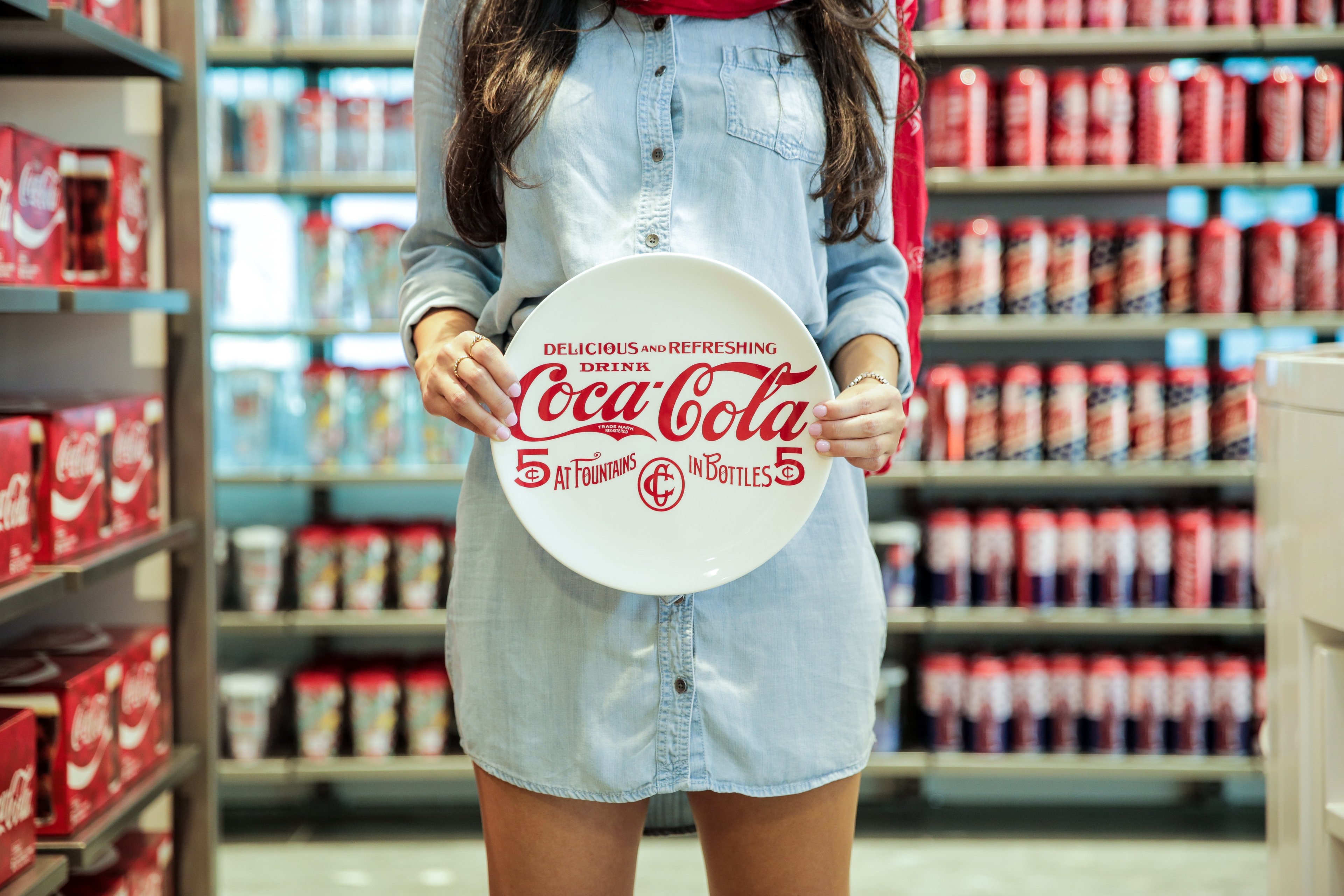Philip Morris International (PM +2.39%) has a rare opportunity to gain market share in the U.S. electronic cigarette market now that its heated-tobacco IQOS device has been approved for sale by the Food and Drug Administration.
Other e-cig manufacturers are losing share to industry giant Juul Labs, which is the runaway leader with a 69% share. But the IQOS, unlike traditional e-cigarettes, uses real tobacco. The leaves are heated until they create a vapor that the user inhales, which makes the experience closer to the taste and sensation of smoking. That seems likely to lure more customers away from devices that simply heat a nicotine-infused liquid, like the Juul.

Image source: IQOS.
The product will be marketed as Marlboro HeatSticks (a plain variant and two menthol variants) under a licensing agreement with tobacco giant Altria (MO +2.92%), providing immediate brand awareness. Moreover, because the JUUL vapor device is under intense regulatory scrutiny due to its reported popularity among teens, the heated tobacco product may gain a lot of ground.
Taking advantage of industry dynamics
The U.S. is a market opportunity with 40 million smokers and one of the largest e-cig markets in the world. Traditional cigarette smoking is on the decline. Altria estimates domestic cigarette volumes will decline between 3.5% and 5% this year -- and that's on top of the 4.5% industry decline in 2018. The company's own cigarette shipment volume declined 5.8% last year, so it is counting on the IQOS to be a big winner. Philip Morris noted that Altria Group subsidiary Philip Morris USA "has the market expertise and infrastructure to ensure a successful launch."
Altria has hedged its bet by investing $12.8 billion in Juul Labs. This move won the company no fans at the FDA, where regulators saw it as undermining both companies' commitment to reducing teen access to electronic cigarettes. Yet the investment gives Altria the inside track on what could arguably be the two biggest cigarette alternatives on the market: the industry leader's proprietary e-cigarette technology and heated tobacco.
The FDA ruling in IQOS is big news, however, the device is not a guaranteed winner.
There's a reason Juul is winning
First, consider Juul itself. Around 11 million U.S. adults use electronic cigarettes, and a third of them do so daily. Juul has been able to garner a disproportionate share of the market thanks to its proprietary formulation of nicotine salts from Pax Labs (the company Juul was spun out from) that reportedly delivers a nicotine hit almost identical to what smokers get from traditional cigarettes.
Since the process uses benzoic acid, smokers say it provides a smoother taste than other e-liquids, even those that also have nicotine salts dissolved in them. So users already have a product that gives them what they're really looking for from cigarette alternatives: a smooth, quick hit of nicotine.
Also, the Juul device has a sleek, modern design that looks like an elongated thumb drive. While that is also what supposedly makes it popular with teens, in a society that ostracizes smokers and vapers, the more readily concealable design is attractive to adults, too.
Last, Philip Morris' initial massive success in Japan with IQOS, which looks like a traditional cigarette when it's out of the heating unit, has yet to be replicated anywhere else in the world where the IQOS has been introduced. That has to do with Japan's unique market where e-liquids are regulated as a pharmaceutical ingredient, which effectively bans e-liquids and the competition.
But Philip Morris has since hit a wall in Japan. Having converted the early adopters, it now must persuade other smokers to try the device. In the first quarter, it saw a 6.7% decline in IQOS shipment volumes in Japan. And even in Europe, where volumes more than doubled, its market share of heated tobacco devices stands at just 2%.
Not a done deal
Although Philip Morris International may peel off U.S. customers from Juul now that it can market its heated-tobacco device, it could be just as likely that the IQOS simply crowds out the other devices on the market without doing much damage to the industry leader.
The one wild card is whether the FDA grants it a reduced-risk label. Currently, although many people believe that heated tobacco devices cause less harm than traditional cigarettes, manufacturers cannot make that claim. If the IQOS can be marketed as a reduced-risk device, that could alter the playing field, though there's no timeline on when a decision might be made.
The U.S. e-cig market is already relatively mature. And though there are tens of millions of smokers who may yet convert to e-cigs, they can just as easily turn to Juul as to IQOS. Since many users already believe e-cigs are safer for them than cigarettes, there might not be enough distinctiveness in simply heating tobacco for Philip Morris to successfully pry away as many users as it expects.







